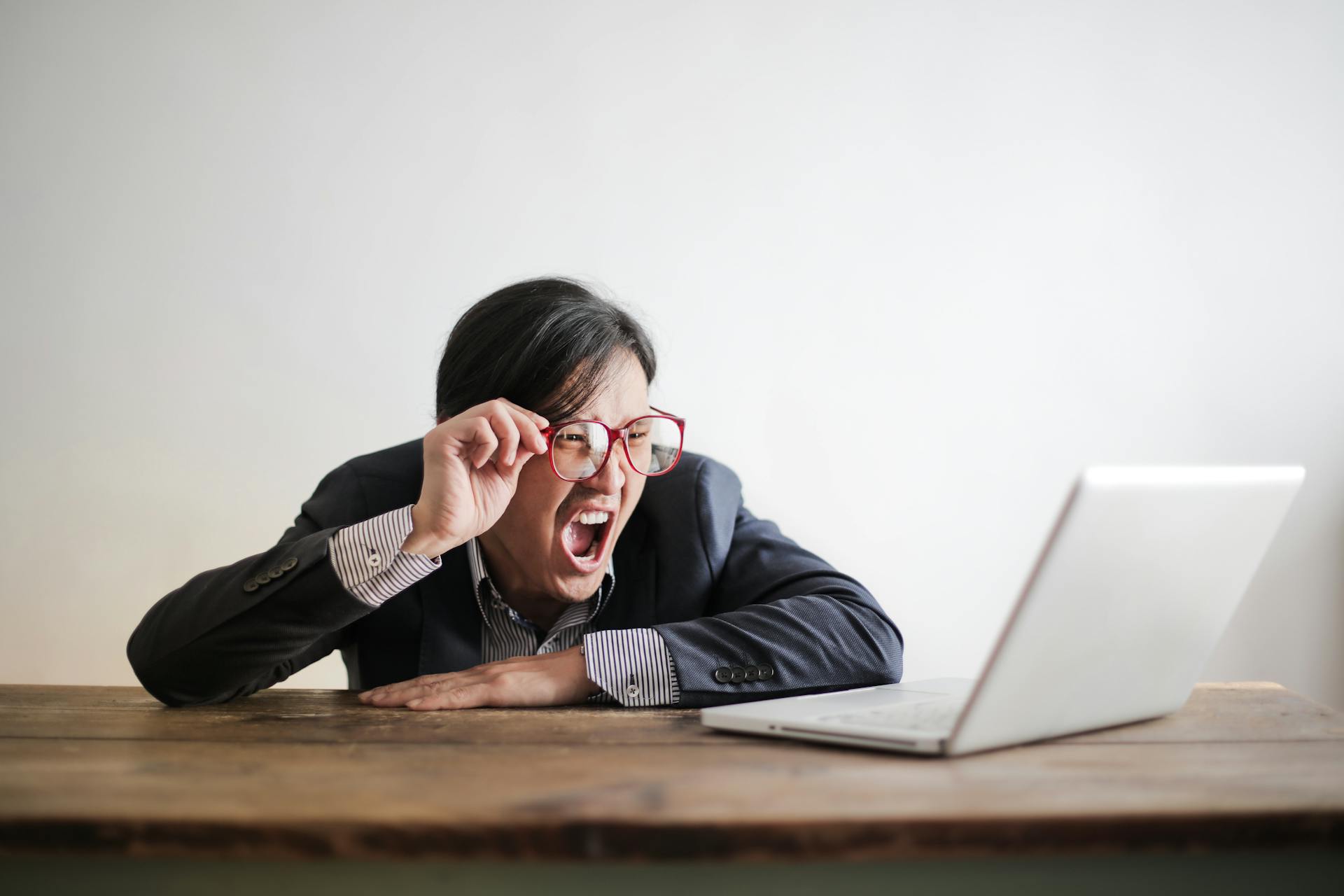Now Reading: Who is Liable When Products Fail?
-
01
Who is Liable When Products Fail?

Who is Liable When Products Fail?
Each year, many individuals suffer due to faulty or unsafe products. Product liability, an area of law, consists of rules that hold manufacturers and sellers responsible for the damages their products cause. Notably, in these cases, the injured party doesn’t need to prove negligence, which makes it easier than in other personal injury claims to get compensation.
Understanding Product Liability
Product liability cases often focus on manufacturers or retailers who distribute unsafe products or those who don’t perform as promised. Responsibility could extend to anyone in the product’s distribution chain, highlighting the collective duty to ensure product safety and effectiveness.
Legal Frameworks and Jurisdiction
Product liability isn’t controlled by federal law but by state laws, which may involve negligence, strict liability, or breach of warranty. State courts manage these cases, and the timing is critical due to different statutes of limitations in each state.
Defining a “Product”
Products, legally defined, can vary from everyday household items to specialized medical devices. Often, product liability lawsuits involve items like children’s toys, cars, or garden equipment—any product that could unexpectedly harm due to defects.
Theories of Liability
In product liability law, you don’t always have to prove fault to hold a company liable. This section explains the legal principles that help injured consumers get compensation.
Strict Liability: Focusing on the Product Itself
With strict liability, the emphasis is on the product’s safety, not on the manufacturer’s actions. This rule lets plaintiffs receive damages if they can show the product was defective, no matter what the manufacturer intended.
Negligence and Due Care
On the other hand, proving negligence requires showing that the manufacturer didn’t take reasonable care in designing, making, or marketing the product. This might include not testing enough or not providing clear instructions.
Types of Product Defects
Identifying the type of defect is crucial in product liability cases. Here, we categorize defects that could implicate manufacturers or distributors.
Design Defects
These are flaws that exist before the product is made, like a car that’s likely to catch fire upon impact due to its design. These defects indicate inherently dangerous conditions in the product’s design.
Manufacturing Defects
These happen during the making of the product, where errors render the product unsafe, even if the design was okay. For example, a toy could have small parts that come off easily, creating a choking hazard.
Implications and Defenses in Product Liability
Defending against product liability claims involves intricate legal tactics and an understanding of the defenses available to manufacturers. That’s why a product liability lawyer is vital in such cases. These lawyers help navigate the intricate defenses, which can include proving that the product met all relevant safety standards at the time of manufacture, arguing that the product was altered after leaving the manufacturer’s control, or demonstrating that the plaintiff misused the product. Effective defense not only protects companies from undue liabilities but also ensures that the principles of fairness and accountability are upheld in the judicial system.
Proving a Product’s Safety
The defense often focuses on showing that a product was designed and made correctly, meeting safety standards and consumer expectations.
Challenges in the Legal Landscape
Manufacturers must also adapt to changing legal standards and regulations specific to states, which can greatly affect their defense tactics and liability. Additionally, differences in state laws may lead to discrepancies in how products are regulated from one state to another, complicating the management of national product distributions. For instance, what may be compliant in one state could be subject to recalls or lawsuits in another.
Moreover, technological advancements and new consumer protection trends can prompt sudden shifts in legal expectations, requiring manufacturers to adjust their production and marketing strategies to mitigate risks quickly. These dynamics underscore the importance of proactive legal oversight and the need for manufacturers to maintain robust legal and regulatory advisory teams to manage their liability and remain compliant across different jurisdictions effectively.
Conclusion
Understanding product liability means grasping how legal principles, consumer safety standards, and manufacturer and retailer responsibilities interact. As products and legal frameworks evolve, they continue to protect consumers and ensure manufacturers maintain their obligations. While completely avoiding defects may be idealistic, striving towards it can significantly reduce legal issues and create a safer environment for consumers.










